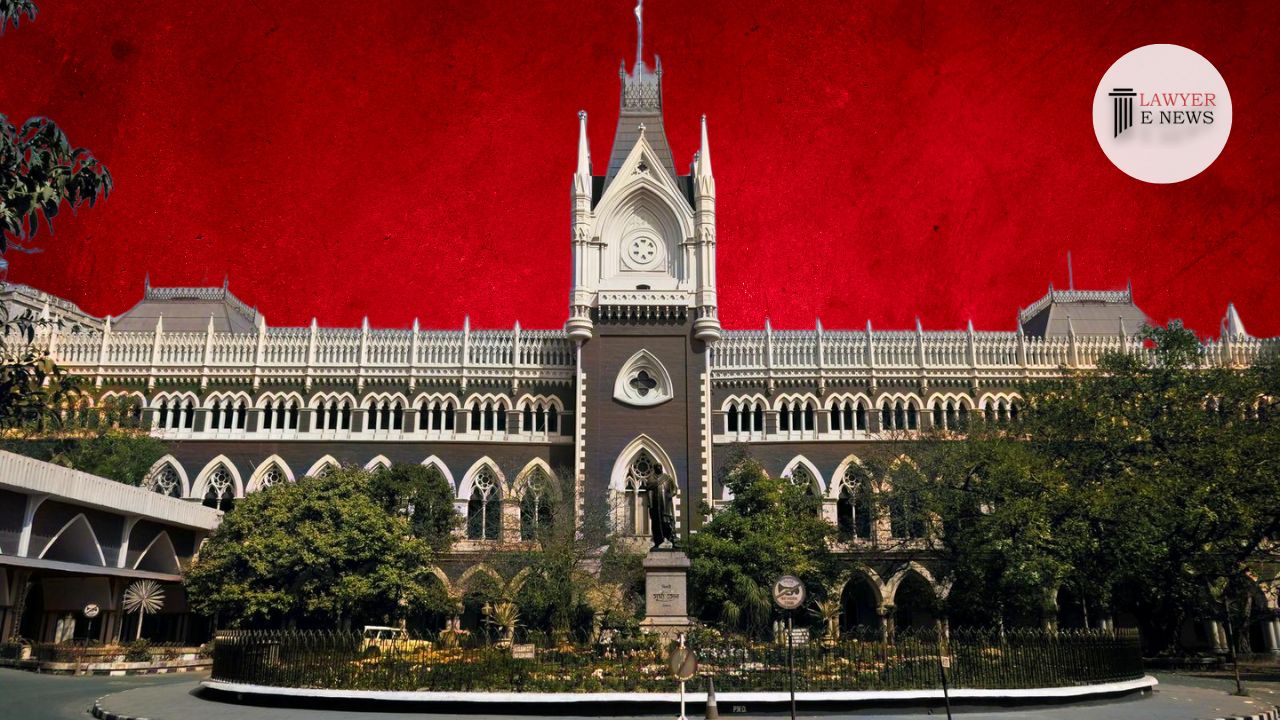-
by Admin
15 February 2026 5:35 AM



In a significant judgment, the Hon’ble Justice Shampa Dutt (Paul) of the Calcutta High Court upheld the acquittal of the respondent in a case involving charges of assault under Section 324 of the Indian Penal Code (IPC). The appeal contested the decision of the Metropolitan Magistrate, 15th Court, Calcutta, which had acquitted the accused due to insufficient evidence and alleged procedural lapses in handling the prosecution witnesses.
The appeal centered on challenging the trial court’s decision to acquit the respondent, primarily due to what was claimed as improper consideration of evidence and the premature closure of witness examination. The appellant argued that these procedural mishaps led to a miscarriage of justice, an assertion scrutinized in detail by the High Court.
The case originated from an incident dated October 15, 2008, wherein the respondent was accused of assaulting the appellant with a blunt object causing bleeding injuries. Following an FIR and investigation, charges were framed, but during the trial, only two of the four listed witnesses were examined before the trial court decided to close the prosecution’s evidence. This decision was a focal point of contention in the appeal.
Evidence Examination: The High Court noted that out of the four witnesses listed, only two were examined, and crucial medical evidence was merely marked but not authenticated. This was highlighted as a procedural flaw but not as one significant enough to overturn the acquittal.
Procedural Adequacy: Justice Dutt (Paul) found that the trial court’s decision, although procedurally flawed in prematurely closing evidence, did not amount to a legal error that could justify reversing the acquittal. The judge cited precedents suggesting that non-examination of material witnesses does not necessarily vitiate a trial unless it results in a significant gap in the prosecution’s case that is otherwise not convincingly addressed.
Reliability of Evidence: The judgment emphasized that the existing evidence presented by the prosecution was not compelling enough to prove the charges against the respondent beyond reasonable doubt. The authenticity and adequacy of the photocopy of the medical certificate, a key piece of evidence, were particularly disputed and found lacking.
Decision of the Judgment: The High Court dismissed the appeal, holding that the reasons recorded by the trial judge were in accordance with the law and did not warrant any interference. The court’s decision reaffirms the necessity for the prosecution to provide irrefutable and thoroughly proven evidence before expecting a conviction.
Date of Decision: April 29, 2024
Satya Smaran Adhikary vs. The State of West Bengal & Anr
